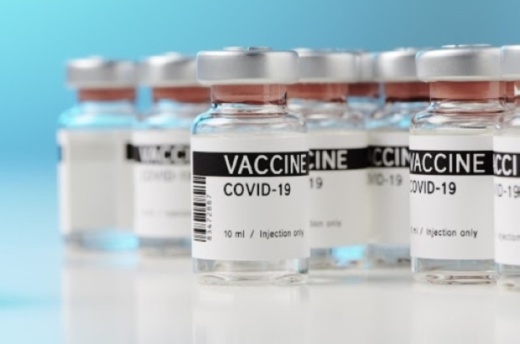This is the third COVID-19 vaccine approved for EUA after those produced by pharmaceutical company Pfizer and biotechnology company Moderna.
The majority of the committee voted Feb. 26 that the benefits of Johnson & Johnson’s one-shot vaccine outweigh its risks for use in individuals age 18 or older.
The vote comes two months after Pfizer and Moderna’s vaccines were approved for EUA by the FDA. Since then, more than 45,200,000 people have received at least one dose of the COVID-19 vaccine, and more than 20,600,000 have received two doses. Pfizer's and Moderna’s vaccines require two doses for 95% and 94.1% effectiveness, respectively, according to the Centers for Disease Control and Prevention.
Johnson & Johnson’s one-shot vaccine is 66% effective against moderate to severe cases of COVID-19 after 28 days. Efficacy of 50% is required for authorization of any COVID-19 vaccine, according to an FDA industry guidance document.
Dr. Johan Van Hoof, head of the Johnson & Johnson Global Therapeutic Area, said the vaccine can be stored at normal refrigeration temperatures, between 36-46 degrees Fahrenheit, and five doses can be given from a single vial.
Johnson & Johnson is prepared for large-scale manufacturing of the vaccine and is expected to supply 100 million doses to the U.S. in the first half of this year, Hoof said.
Recorded side effects of the one-shot vaccine include headache, fatigue and muscle pain, according to a FDA presentation.
Texas has already administered over 4,850,000 COVID-19 Pfizer and Moderna vaccine doses to date, according to the CDC website. When Texas counties will receive shipments of the Johnson & Johnson vaccine is unclear.
The authorization of the one-shot vaccine should profoundly affect the city of Austin's capacity to vaccinate, said Dr. Mark Escott, Austin-Travis County interim health authority, during a Feb. 5 news conference.
“It makes it much easier for it to be distributed to the 350 providers that have signed up to provide vaccines in the county. It makes it easier to have vaccination sites at churches and schools and other places because it only requires refrigeration,” Escott said. “So it is going to be a game-changer if it is approved, and, certainly, we are excited about it."





